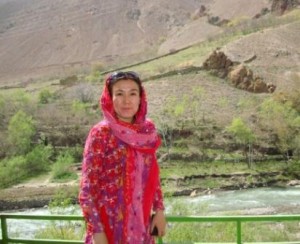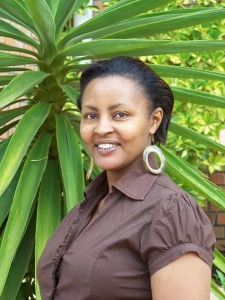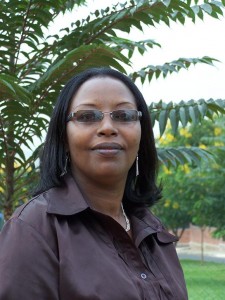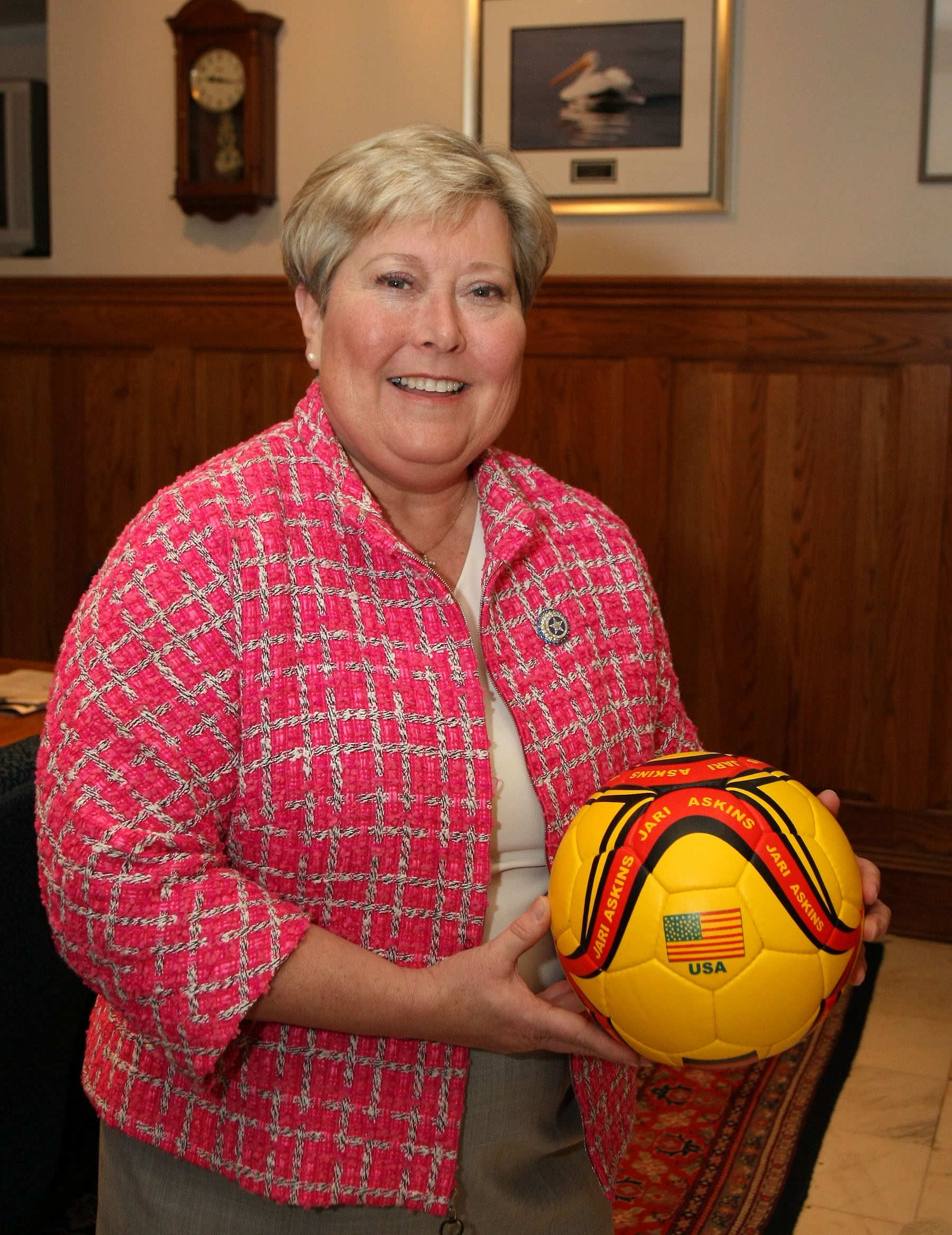Rahela Kaveer
February 8th, 2010NAME: Rahela Kaveer
COUNTRY: Afghanistan
BUSINESS: Afghan Women Empowerment Organization (AWEO)
Rahela, 39 years old, owns AWEO, an organization dedicated to the empowerment of Afghan women. Rahela took on a big risk early in life when she left her home in Mazar to help distribute medical and educational materials to Bamyan, which was under strict economic and military control by the Taliban.
After successfully re-establishing the collapsed health system in this province, Rahela began to focus on how she could help women through literacy and vocational training, including animal husbandry, housekeeping and quilt-making. All projects were aimed to generate income for women.
Rahela started AWEO one year ago after some basic planning and strategizing. After she registered the company with the Ministry of Economic, she prepared proposals.
With 10 employees, AWEO focuses on empowering rural women in aqua culture and animal husbandry. The company also implements fish farming and has introduced improved breeds of sheep and cattle, which has resulted in higher incomes for the women.
Over the next five years, Rahela’s business goals include increasing the women’s incomes and continuing to provide alterative opportunities for women in rural areas instead of growing poppy.
By attending PEACE THROUGH BUSINESS, Rahela wants to learn more about management skills and get more ideas for starting new businesses as well as how to discover more opportunities in both local and international markets.


















